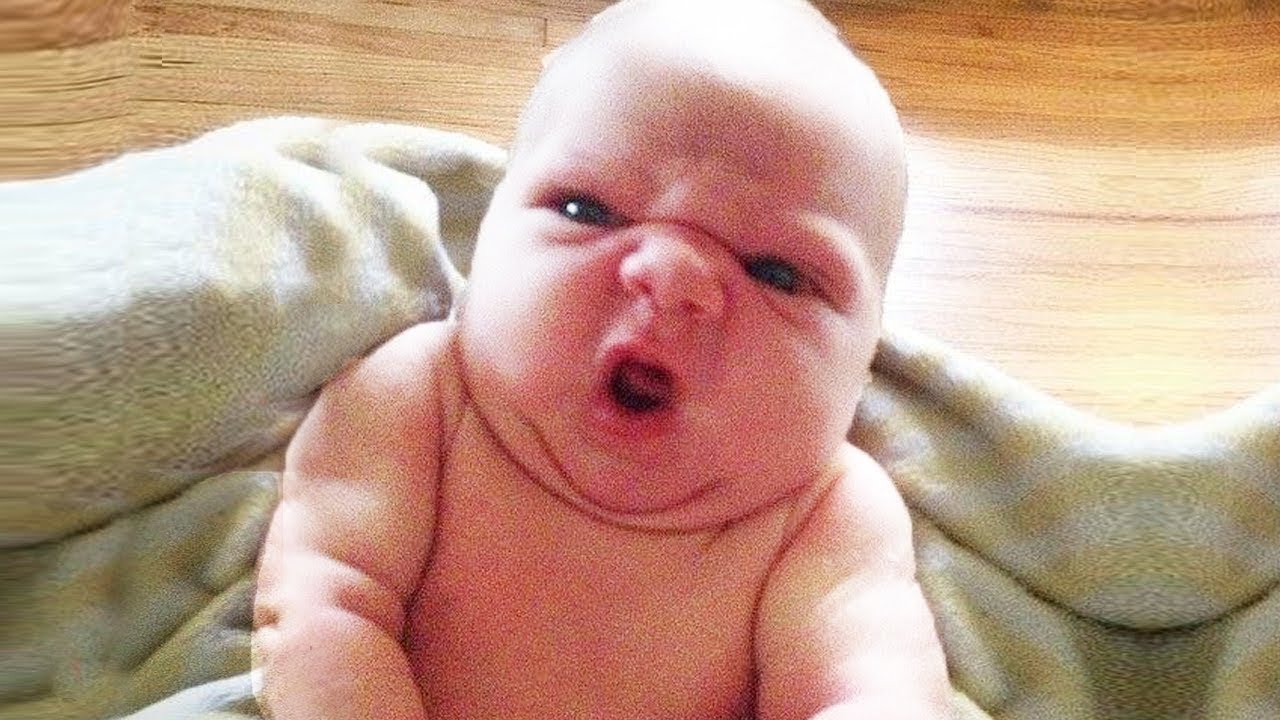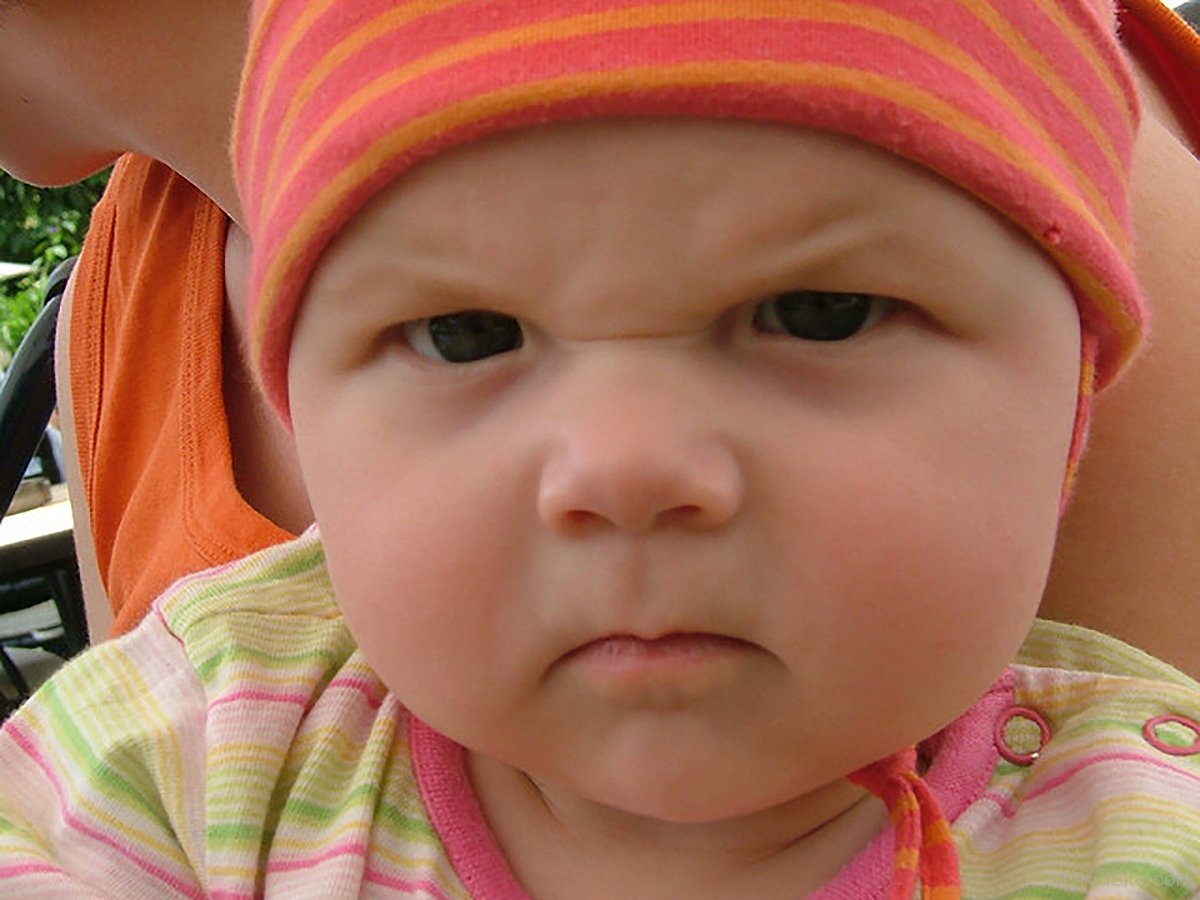J.P. Morgan research has already shown that coronavirus infections decreased after lifting the lockdown in most places, and concluded that the whole “only leave your home to go to the supermarket” strategy wasn’t able to keep anybody healthy despite destroying the economy and people’s minds.
Now, the results of a new survey suggest that the lockdown is also damaging babies’ mental health and impacting their development.
Lockdown has affected the development and behaviour of babies across the UK, a study suggests.
The Babies In Lockdown report, commissioned by three leading UK children and parents advocacy groups, found some new parents felt ‘abandoned’ by the lack of care available during lockdown.
Others said their baby had become more clingy or was crying more than usual.
More than 200,000 babies are believed to have been born when lockdown was at its most restrictive, between 23 March and 4 July, according to the research.
The survey suggests the impact of Covid-19 on these babies could be ‘severe’ and may be ‘long-lasting’ as both caregivers and the children themselves are impacted by the pandemic.
It’s not the impact of Covid-19, it’s the impact of the insane response to it.
A third (34 per cent) of respondents believed that their baby’s interaction with them had changed during the lockdown period. Almost half (47 per cent) of parents reported that their baby had become more clingy. One quarter (26 per cent) reported their baby crying more than usual.
One 38-year-old mother, from Scotland, said: ‘I have been crying for hours on end, having anxiety and panic attacks which are all out of the ordinary for me. This has affected my nine month old son who has seen me experience this and has been more tearful and clingy with me…
‘My son is hating me working from home because he doesn’t understand why mama is ignoring him when he can hear me and is now super clingy with me. He had never had screen time or seen me use a mobile before this. Now most of his social interactions are online and he doesn’t understand why I am locked away 35 hours a week in the bedroom.’
Another Scottish mother, 24, who has a two-year-old and is five months pregnant, added: ‘My two-year-old has become violent and upset quite a lot of the time due to this. He’s finding it hard just seeing and being in contact with two people. I
‘I fear for the effects this lockdown will have on him later in life.’
A third mother, aged 37, from Greater London, said: ‘I planned to enrol my 15-months-old (in March) to a nursery to help him with his social skills – he does not say words and is not responding to his name which worries me.
‘Not this is not possible [sic], I suspect his development is possibly behind but can do nothing about it at the moment. My 4 months old has only seen his brother, father and my face. I’m worried about his development also, I planned to take him to various classes, meet other mums with babies – this is also not possible at the moment.’
The mood of their mothers and people around them could be negatively impacting these babies, but that’s okay, because at least they won’t ever have to know what it means to have a flu.
Destroying civilization and taking people’s freedom away is a fair price to pay so that future babies can grow up in a world without coughs and sneezes.
The good eyesight of people is also a fair price to pay for that.
Coronavirus lockdowns could have damaged the eyesight of thousands of people, scientists have warned.
Another study has discovered spending hours looking at screens can lead to short-sightedness, which causes distant objects to appear blurred.
And eye specialists in Singapore, Germany and Japan, behind the research, fear the Covid-19 pandemic may cause rates of the condition to spiral.
The doctors analysed data of 120,643 children and found ‘increased digital screen time and limited outdoor activities’ were linked to causing myopia.
And they wrote both factors ‘could potentially be aggravated during and beyond the Covid-19 pandemic outbreak period’.
Countries across the world adopted strict measures to strangle the virus, including blanket lockdowns that effectively banned socialising outdoors.
Such policies have led to children taking classes online, friends talking over Zoom instead of in real-life and people binge-watching TV.
The experts said ‘behavioural changes that arise from the growing dependence on digital devices may persist even after the pandemic‘.
They wrote: ‘There is a possibility that a prolonged battle against the Covid-19 virus may lead to an increase in the incidence of myopia.’
The team warned the drastic measures may shape ‘long term behavioural changes conducive for the onset and progression of myopia’.
Health Secretary Matt Hancock has already said all GP appointments should be done over by phone or video unless there ‘is a compelling clinical reason not to’.
The study’s warning — based on reviews of older studies on myopia — was published in the American Journal of Ophthalmology.
It’s not as bad as it sounds. If the eyesight of people worsens, then, perhaps, people will stop seeing color and start seeing PEOPLE.
This could be the end of racism.
 Daily Stormer The Most Censored Publication in History
Daily Stormer The Most Censored Publication in History




